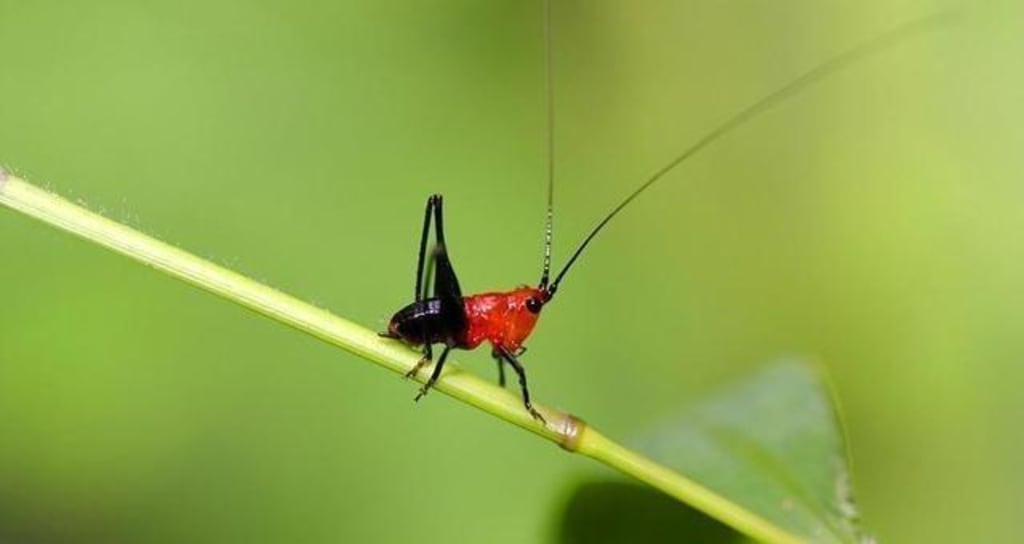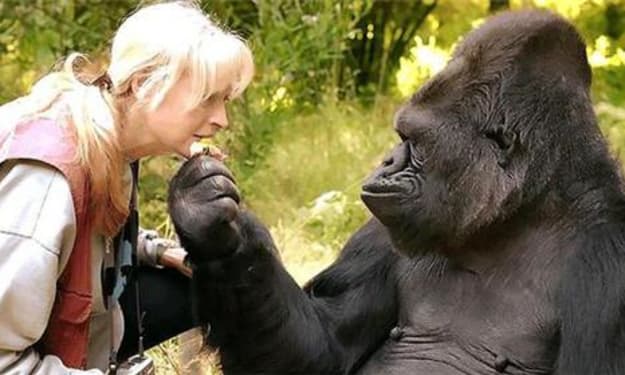Humans have discovered 5.5 million species of insects on the earth, and they are now "larger" than humans?
5.5 million species of insects found on Earth

Among the various creatures on earth, there is a creature that is very close to humans, and they are insects. Insects are distributed in every corner of nature and can be found in tree trunks, soil, and air. Furthermore, they are widely distributed in the human world, such as mosquitoes, ants, cockroaches, etc. Some people are afraid of insects. This fear often comes from childhood. It could be from a terrifying experience, or it could be frightened by the strange shape and the sheer number of insects. Compared to insects, humans are inferior to insects in number and weight.
According to incomplete statistics, more than 5.5 million species of insects have been found on the earth, accounting for more than half of the earth's biological species, more than any kind of animal. However, according to the situation that new insects are discovered every year, there are still many insects in nature that humans have not discovered.
Although the population of the earth has exceeded 7 billion, the number of common insects such as ants, mosquitoes, cockroaches, etc. in a country with an area of one has exceeded the number, let alone the number of insects in the world. Take the example of a large population of ants. A variety of ants have evolved under this type of creature, but they all have one common feature, that is, they are small in size and large in number.
At present, humans cannot determine how many ants there are on the earth, and one trillion is only a conservative estimate. We take the number of ants on the earth as one trillion, and calculate if the length of one ant is 0.5 cm, then one trillion ants are arranged in a row, forming a length of more than 780 million miles. The distance between the earth and the moon is about 23.89 miles, which means that the length of the ant formation is equivalent to 1500 round trips between the earth and the moon.
Second, is the quality of the insects. Entomologists say that while the mass of an individual insect is far less than the mass of a single human body, it is superior in quantity, and the combined weight of all insects on Earth may be about 17 times that of a human.
From this point of view, insects are a huge family, and their survival time on earth should be the longest of all animals. Furthermore, according to paleontologists, insects from hundreds of millions of years ago were very different from those of today. Most insects are now considered "worms" by humans, but during the Carboniferous period, insects were much larger than humans are today. Because the oxygen content in the Earth's atmosphere was as high as 35% during the Carboniferous period, and there was a large amount of organic matter in the original environment of the Earth at that time, insects ushered in an explosive growth. This growth is not only reflected in volume, but also in scale.
Some paleontologists say that if humans travel back to the Carboniferous period, they are likely to see insects as large as seagulls, and some crawling insects can even reach a length of about 2 meters. These findings are based on reasonable speculation in fossil research. Many times, we will sigh the magic of nature, which can control the scale of a large group of creatures on the macro level, and design the characteristics of each creature on the micro level. Given this fact, human beings should be in awe of nature.
About the Creator
crudden elle
Partagez un peu de science chaque jour






Comments
There are no comments for this story
Be the first to respond and start the conversation.